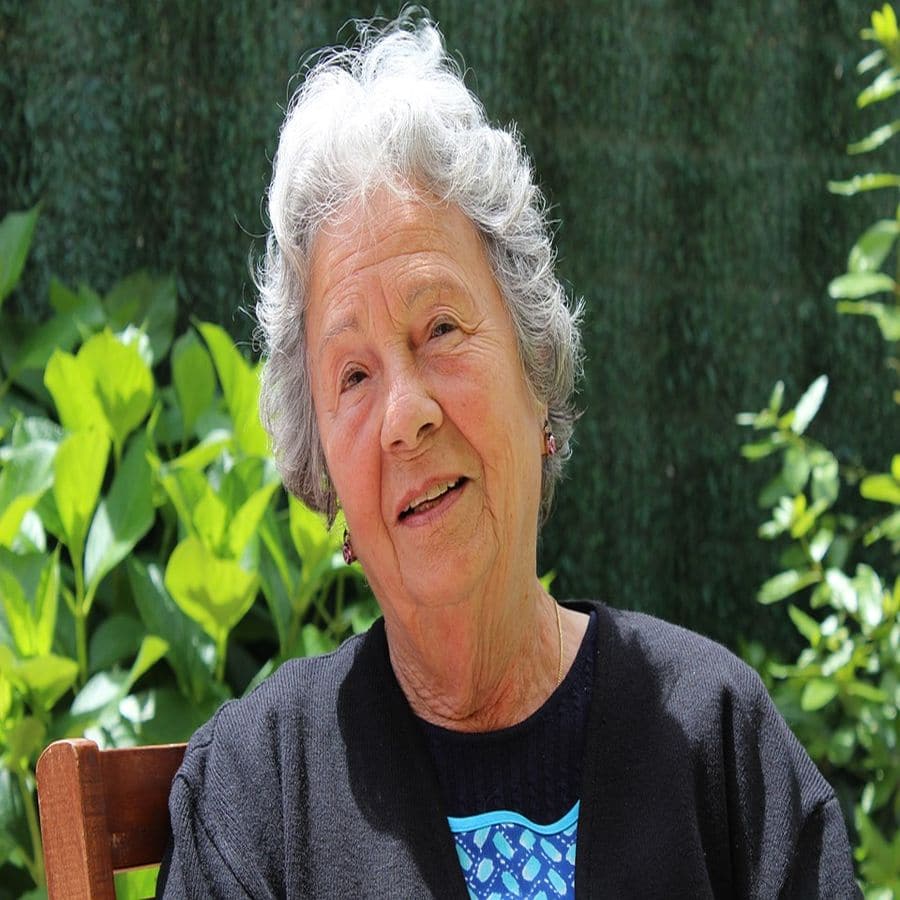Using Hypnotherapy to Address the Fear of Falling With a Growing Elderly Population

How the Fear of Falling Has Taken Over Your Life

Fear of falling describes a range of psychosocial troubles, including fear, stress and anxiety, confidence that no longer exists, and a psychologically damaged understanding of capability to walk safely without hitting the ground. The debilitating mindset typically found with elderly men and women who have fallen before and the estimated fifty percent of those that had never fallen before. Repercussions include avoiding all types of activities, social seclusion as well as raising frailty as well as danger of more accidents happening even if no physical disability exists. Although both can be typical and devastating as a person ages, evidence of the effectiveness of psychological interventions, especially targeting fear of falling continues to be limited. There is some proof sustaining, making use of physical and also psychological treatments like clinical hypnotherapy a cognitive behavioral therapy to improve the syndrome. This article will uncover recent research studies that have shown positive impacts.
A person’s individual age is a vital consideration in checking out responses to treatments for pain. Older grownups have increased risks of various conditions associated with discomfort, consisting of arthritis and osteoporosis, yet could have bad endurance to drugs for treating these problems. Moreover, age may modify mental responses to pain. In fact, the emotional facets of pain are much more highly correlated with pain experienced in more youthful adults than older senior citizens while sensory facets of discomfort show up a lot more highly relevant to discomfort in older grownups. As memory concerns are more typical in older adulthood, treatment protocols may be boosted if they reduce the demand for remembering tasks.
Do Elderly Women Experience Greater Fears of Falling?
The frequency of fear of falling in this study was estimated to be between twelve percent and sixty-five percent in this community of elderly adults that have actually not previously fallen and between twenty nine and ninety-two percent for those that had actually fallen in the past, with ladies being disproportionately negatively impacted. Fear of falling had actually resulted in reduced exercising, which caused increased delicacy and decreased functional capability, as well as social isolation and decreased high quality of life.
The mean age of the example was 74.1 with fifty-nine percent were female, and also occurrence of fear of falling reported was seventy-five percent with half of them restricted their activities as an effect. In order to establish the suitable qualification standards for participants in the program, exemption as well as inclusion standards from previous intervention programs was revised; the criteria were figured out after comparing the account of the elderly with fear of falling in the present research study with profiles from other research studies that were recently completed. Adaptations were made based upon attributes of the target populace.
Three versions were chosen to overcome the existing fears: A typical biomedical and pathophysiological model, a postural control model based on a bio-mechanical version and also a behavioral vehicle. Ultimately, a protocol for execution was established. The duration of the treatment, numbers of individuals, as well as other aspects was based on previous program encounters with the same population.
Depression was determined to be an important threat variable to handle in this treatment program, as depressive signs are regular among Latin-American elderly; ladies revealed greater percentages compared to men, partially due to the fact that, in the area studied, ladies were more exposed to social as well as worldly downsides throughout their life than men. Moreover, current socio-economic problems as well as wellness status, along with functional specials needs, accounted for much of the sex distinctions in depression. In the current program, both non-pharmacological and also medicinal treatments of depression were included and also accomplished by all professionals in the interdisciplinary group.
Their outcomes lead them to conclude that the very best model for the population was a proper integration of a biomedical and also physiological vehicle, components of a postural control and also bio-mechanical design as well as several elements of a cognitive-behavioral version. They recognized that the adverse effect that fear of falling had on the lifestyle choices of several older adults made them want to continue having controlled studies. In the future, they are open to differentiate from the interdisciplinary mode to find out whether or not having a psychological approach would have a greater benefit than medicine alone.
Which Program Helps Ease the Fear of Falling With Senior Citizens?

The objective of this study was to observe the psychological and sensory parameters that were associated with elderly individuals and their fear of falling.
Overall, there were over eight hundred people over the age of sixty five participating in this study. Seven percent had previously had a stroke earlier in life, while seventeen percent had a previous history of dealing with cardiac issues. Over nine percent point had diabetes and twenty percent reported having existing knee or hip pain.
Similar to the previous study depression also played a role with the elderly participants. Researchers found that when the depression level was lower, personal balance, personal mastery as well as strength in the lower limbs boosted confidence and thus a lower feeling of a fear of falling. On the other hand, in those that were depressed, fear of falling was the only variable highly associated with task restriction, with cognition and standing balance showing marginal associations.
Defeating the Fear of Falling
As a whole, mental treatment is assumed to be of minimal danger for the elderly, and alternative therapy methods like clinical hypnosis as well as cognitive behavioral therapy for discomfort have received better empirical assistance for older adults in recent years. The effectiveness of mental treatment for getting over the fear of falling in older adults is a growing topic of discussion that necessitates additional study in the future.


